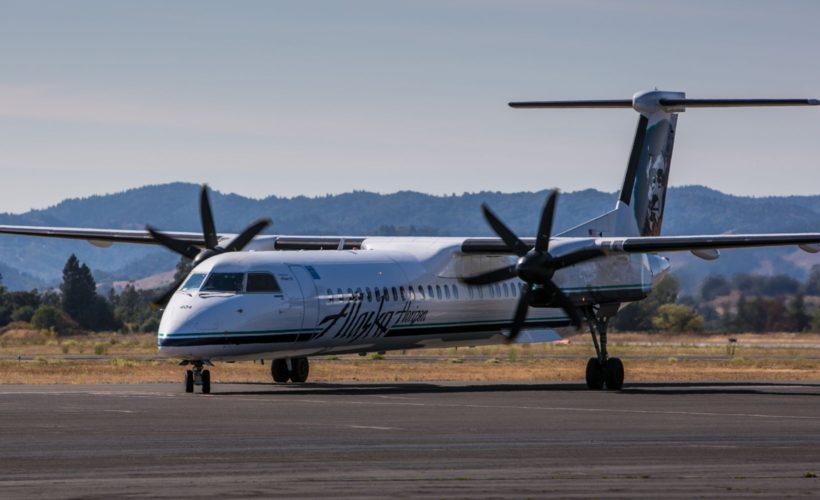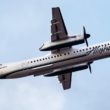The theft of an Alaska Air Group turboprop plane by an employee whom authorities described as “suicidal” underscores a challenge in the aviation sector: Balancing access with security.
Airlines and airports need workers to have ready access to their equipment and the airfield, which is essential to their work. The unusual incident showed the limits of securing facilities, as well as in monitoring employees and addressing potential mental health issues, experts told CNBC.
“The physical security layers in the airport are not designed to protect (against) this,” said Jeff Price, an aviation security consultant, professor at the Metropolitan State University in Denver and a former airport ramp worker. Some measures to avoid this kind of incident are in the hiring process and psychological evaluations, Price said, while those are not always foolproof.
Executives said the employee had passed background checks, and that he did not have a pilot license.
The employee used a tow to turn the plane around 180 degrees before he taxied to a runway, the company said. After taking off, made dramatic loops in the air before it crashed, video shot by onlookers showed.
“We don’t know how he learned to do that,” said Horizon’s CEO Gary Beck, about how the employee came to operate the aircraft, noting the ignition on a plane isn’t like that of a car. A Q400 captain at another airline, who declined to provide a name because the person is not authorized to speak to the media, told CNBC that the process of starting up the plane is complex.
Getting one of nearly two-dozen steps wrong in starting up the airplane would immediately derail it, this person said. However, opening aircraft doors is far less challenging, Price and the captain noted.
Authorities have made changes to better screen pilots for mental health problems, after a pilot intentionally crashed a Germanwings jet into a mountainside in March 2015, killing all 150 on board. The European Commission last month adopted new rules, which take effect in 2020, that require airlines to psychologically screen pilots.
The Q400 captain who spoke to CNBC and flies in North America, said that routine health screenings since that the Germanwings crash do include some questions about pilots’ mental state. However, the incident on Friday is a rare and difficult issue to address.
“This isn’t something the industry plans for protecting against,” Price said.
Source:CNBC






